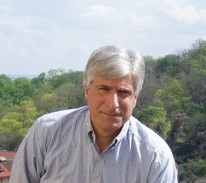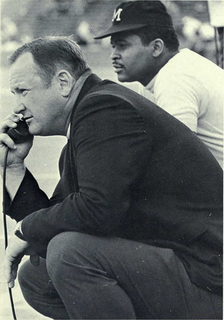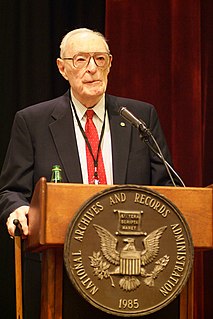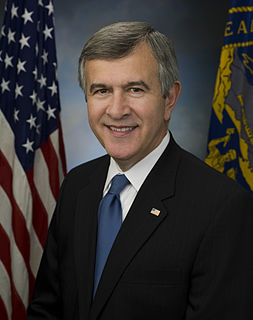A Quote by Steve Berry
Everyday decision-making around the world is constantly based on what came before us.
Quote Topics
Related Quotes
The United States presents a value system to the world that is based on democracy, based on economic freedom, based on individual rights for men and women, .. I think that is what makes us such a draw for nations around the world. People come to the United States to be educated, to become Americans. We are a country of countries and we touch every country, and every country in world touches us.
More than just a moral issue, hope is a spiritual and even religious choice. Hope is not a feeling; it is a decision. And the decision for hope is based on what you believe at the deepest levels - what your most basic convictions are about the world and what the future holds - all based on your faith. You choose hope, not as a naive wish, but as a choice, with your eyes wide open to the reality of the world - just like the cynics who have not made the decision for hope.
I hear, 'But why do poor people make such bad decisions?' But actually, their decision-making can be far more complex than that of the better-off in many ways. They're not financially illiterate: they're constantly weighing up choices based on the reality of poverty. Somehow the international development community has resisted accepting this.
For the problem of decision-making in our complicated world is not how to get the problem simple enough so that we can all understand it; the problem is how to get our thinking about the problem as complex as humanly possible--and thus approach (we can never match) the complexity of the real world around us.
Collectivism takes on many guises and seldom uses its own real name. Words like 'community' and 'social' soothe us into thinking that collectivist decision-making is somehow higher and nobler than individual or 'selfish' decision-making. But the cold fact is that communities do not make decisions. Individuals who claim to speak for the community impose their decisions on us all.



































